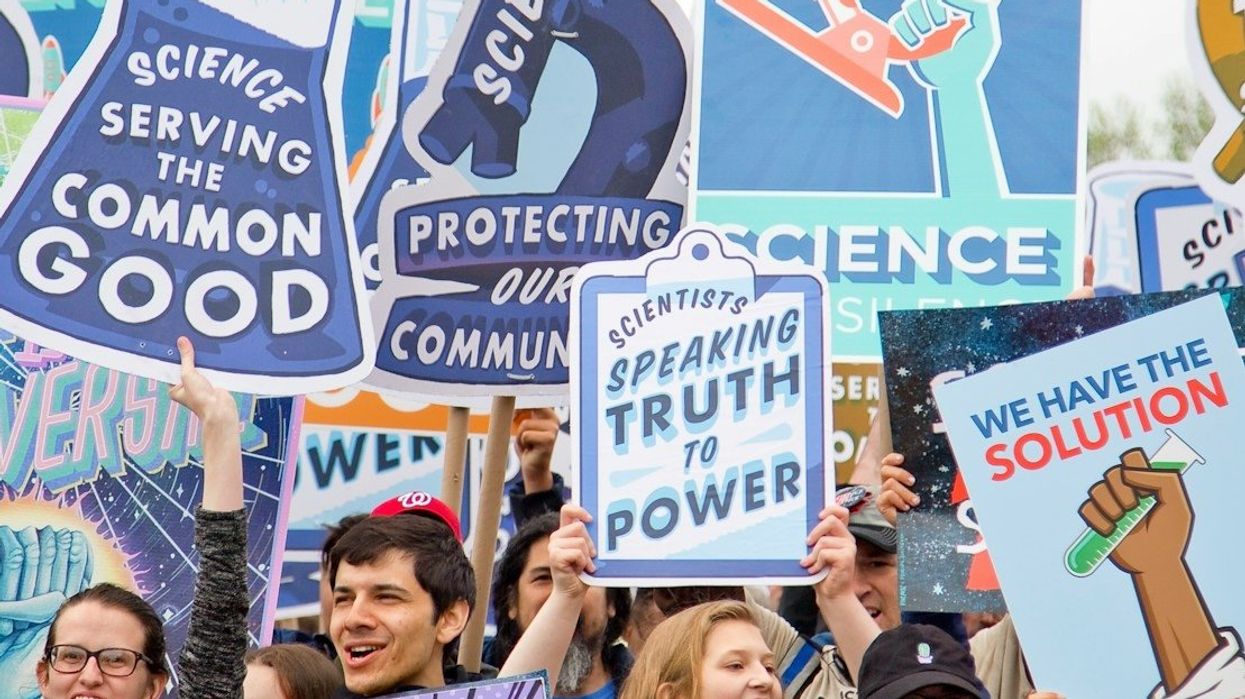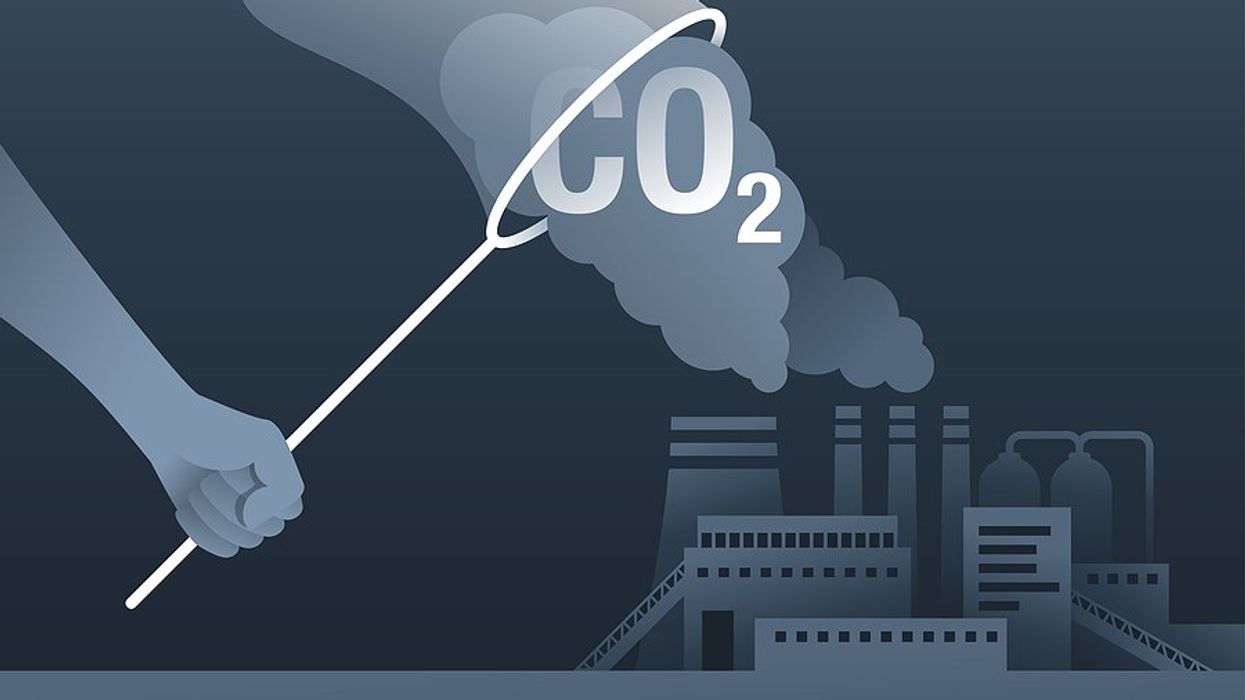State officials signaled this week they will impose their own limits on “forever chemicals” because the U.S. Environmental Protection Agency is preparing to revisit and possibly relax the national drinking water standard.
Amudalat Ajasa reports for The Washington Post.
In short:
- Lawmakers have introduced at least 250 PFAS bills in 36 states this year, aiming to ban the chemicals in products, tighten water limits, and fund cleanups.
- The Trump EPA plans to rescind caps on four PFAS compounds, delay rules for two more, and has cut $15 million earmarked for sewage sludge research.
- Water utilities fear costly, conflicting mandates, while industry groups warn a state-by-state patchwork could disrupt markets and raise prices.
Key quote:
“It’s going to be up to the states to set limits in the absence of federal standards.”
— Dan Shagoury, Maine state representative
Why this matters:
PFAS, used for decades in nonstick pans, firefighting foam, and countless consumer goods, do not break down in the environment. They seep into aquifers, accumulate in fish and livestock, and lodge in human blood. Even trace exposures have been linked to kidney and testicular cancers, immune suppression, and developmental harm. Treating contaminated water can cost utilities millions, expenses often passed to ratepayers already struggling with basic bills. Without a uniform federal threshold, residents in neighboring states could face starkly different protections, complicating medical advice and eroding public trust in tap water. As lawsuits mount and cleanup spreads from military bases to farm fields, the stakes for public health and environmental justice grow by the day.
Related: Tampa Bay water utility secures $21 million to fight PFAS contamination in drinking water

















